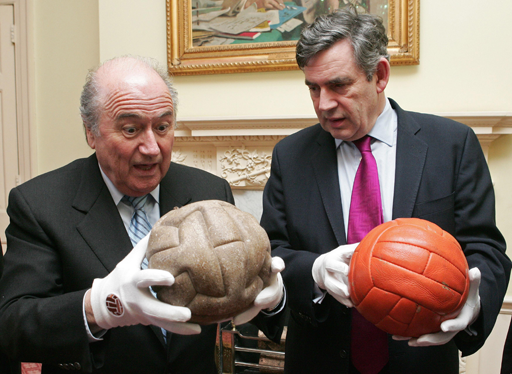2 Understanding power
So far this week you have explored the globalisation of football and examined some of the factors that have played a part in spreading football and its wider industry across the globe. These final sections explore power and how power relations operate from a commercial, political and organisational perspective.
This subject has been chosen because having a grasp of how power works, among individuals within organisations, between organisations and within societies as a whole, is central to understanding any industry, including football.
Now listen to the BBC radio programme clip ‘FIFA, Football, Power and Politics’ which charts the rise of FIFA as a powerful organisation in football. As you listen, note the different ways in which the former head of FIFA, Brazilian João Havelange, worked to raise the profile and global reach of the organisation.
Transcript: FIFA, Football, Power and Politics
The writer David Goldblatt now examines the long and unexpected journey towards it's domination of the game.
[Siren noise]
The awarding of the 2022 World Cup to Qatar might for some be an inspired decision that brings the tournament to a part of the world that has never hosted the tournament before. For others it is deeply troubling. Qatar’s strict laws on sexuality and attitude towards the rights of LQBT+ fans, alongside the treatment of the thousands of migrant workers who have built the stadiums for the tournament, are serious concerns for many people. Amnesty International and Human Rights Watch for example have called on FIFA to set aside income from the tournament to financially support the families of migrant workers who have died building the stadiums.

